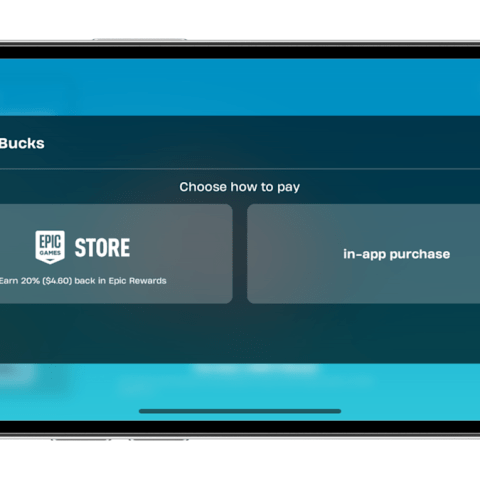The University of Idaho and the University of Phoenix have decided to end their acquisition talks. This means that Idaho plans to ask its state board to officially terminate the agreement. As part of this process, the University of Phoenix will pay over $17 million to Idaho to cover expenses from the discussions.
The $550 million deal was supposed to help Idaho expand its revenue and attract more students, especially as traditional student numbers decline. However, the University of Phoenix has faced reputational issues over the years. In 2019, the Federal Trade Commission accused it of misleading advertising. This led to a $191 million settlement to assist students affected by its practices.
Fast forward to 2023, just months after the deal was unveiled, and the U.S. Department of Education moved to forgive millions in federal student loans for University of Phoenix students. An official from the department criticized the university for misleading ads, stating, “Students who trusted the school ended up with mounds of debt.”
The acquisition would have transformed the University of Phoenix into a nonprofit, similar to how other universities have taken over for-profit schools. But many stakeholders raised concerns about the quality of education and potential damage to Idaho’s reputation. Similar moves in the past have drawn scrutiny as well.
Notably, a group of dedicated education advocates reached out to Idaho’s board, warning about the university’s poor performance and potential liabilities connected to past student loans. Even a coalition of Democratic senators expressed their concerns, labeling the University of Phoenix as a predatory institution affecting vulnerable students.
Though Idaho’s board initially approved the deal, legal challenges emerged. The state attorney general questioned the legality of the negotiations, arguing that they violated transparency laws. As discussions stalled, both universities extended their agreement, allowing the University of Phoenix to seek other buyers.
The University of Phoenix, which is backed by Apollo Global Management, is now exploring its options. They may consider an initial public offering along with other potential buyers, marking a significant shift in their strategy.
Idaho’s President, C. Scott Green, acknowledged the value of the University of Phoenix but noted that continuing talks were becoming too costly and distracting for other university initiatives. With both institutions going their separate ways, the future remains uncertain for the for-profit college, which still faces its historical issues as it operates independently.
For a closer look at the challenges surrounding for-profit education, see the FTC’s complaint.
In summary, the decision from both universities reflects ongoing challenges in the realm of higher education, especially concerning recruitment, reputation, and regulatory scrutiny. It serves as a reminder of the complex landscape universities navigate today.






















